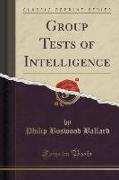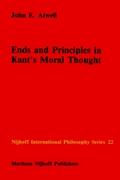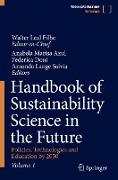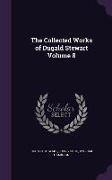Group Tests of Intelligence (Classic Reprint)
BücherAngebote / Angebote:
Excerpt from Group Tests of IntelligenceThere is an Old proverb which says that an ounce of mother wit is worth a pound of clergy, wit being the old English word for intelligence, and clergy the Old English word for learning. And examiners have always been under the reproach of being unable to separate the wit from the clergy they cannot tell us how much of a candidate's success at an examination is due to good brains and how much is due to good opportunities. It is the business of mental tests to remove this reproach. For it is the business of mental tests to extract the element of wit from the compound of wit and clergy. That they do their work imperfectly is readily admitted, but they are doing it better every day, and so important is the task that it is better to do it badly than not to do it at all.There are people who think Otherwise, people who believe that it is better not to do it at all. They say that mental testing is an attempt to bring exactitude into a realm which is essentially vague and indeterminate. They seek refuge in the plea that teaching is not a science, but an art, that the teacher is not a theorist dealing with abstractions, but a craftsman whose workshop is the classroom and whose material is the plastic mind of childhood.But they find no real refuge there, for they are there exposed to the charge of refusing to learn about the material on which they exercise their craft. No other craftsman is so indifferent, or being indifferent would care to confess it. The weaver is curious about his staple and the potter about his clay, for the wares they turn out are in accord with the materials on which they work. And nobody would think of blaming the weaver who failed to make a silk purse out of a sow's ear, or the potter who failed to make a porcelain vase out of a lump of common clay. Indeed he would blame them for trying. And yet it is not so very long ago that the results of teaching little children were all measured by the same scale, and paid for at the same rate, in total disregard of those children's natural gifts. Silk purses and porcelain vases were expected everywhere. The parable of the talents was read on Sundays and forgotten on week-days. Applied to the classroom the parable means that the critic - even if that critic be the teacher himself or the pupil himself - cannot justly judge the fruit of the teacher's labours Without taking 1nto account the fertility Of the field m which he works. And to discover the fertility of the field in which he works is the aim and purpose of mental tests.About the PublisherForgotten Books publishes hundreds of thousands of rare and classic books. Find more at www.forgottenbooks.comThis book is a reproduction of an important historical work. Forgotten Books uses state-of-the-art technology to digitally reconstruct the work, preserving the original format whilst repairing imperfections present in the aged copy. In rare cases, an imperfection in the original, such as a blemish or missing page, may be replicated in our edition. We do, however, repair the vast majority of imperfections successfully, any imperfections that remain are intentionally left to preserve the state of such historical works.
Folgt in ca. 5 Arbeitstagen




